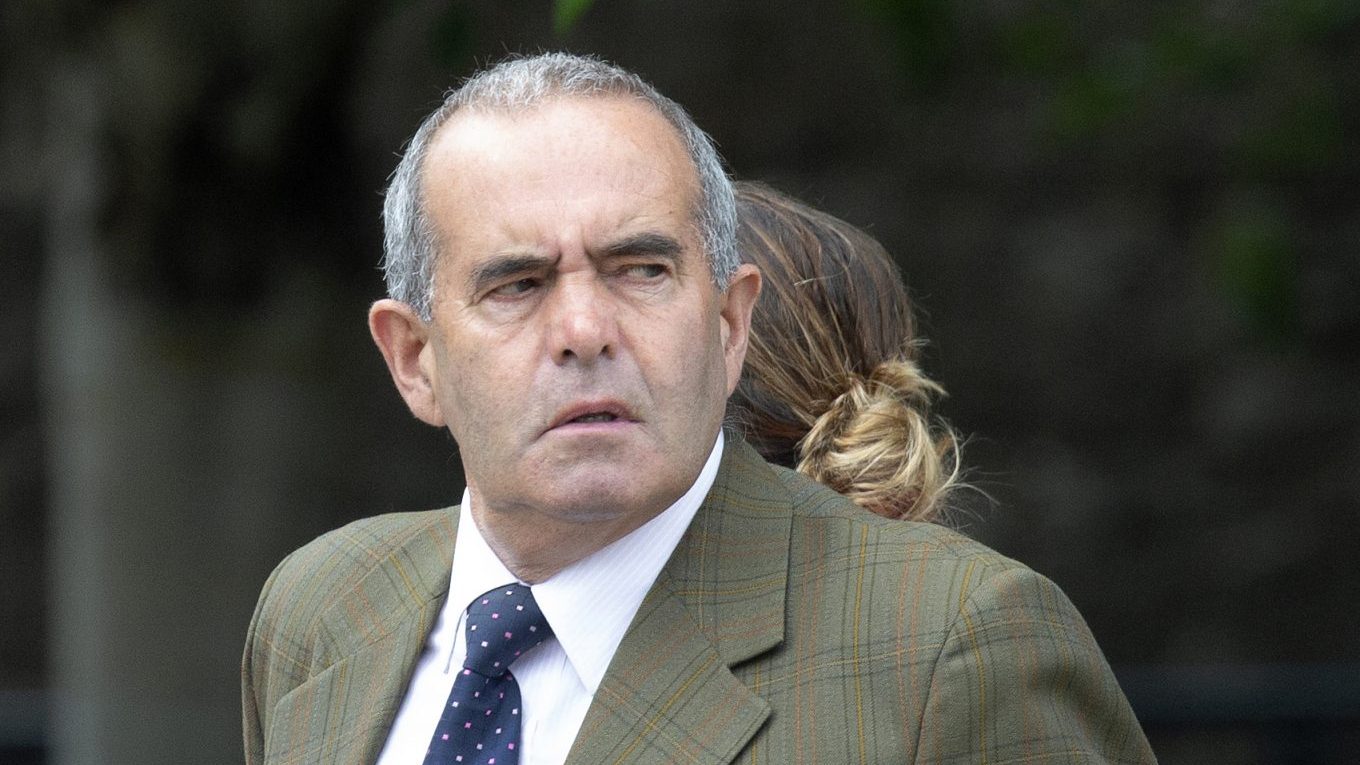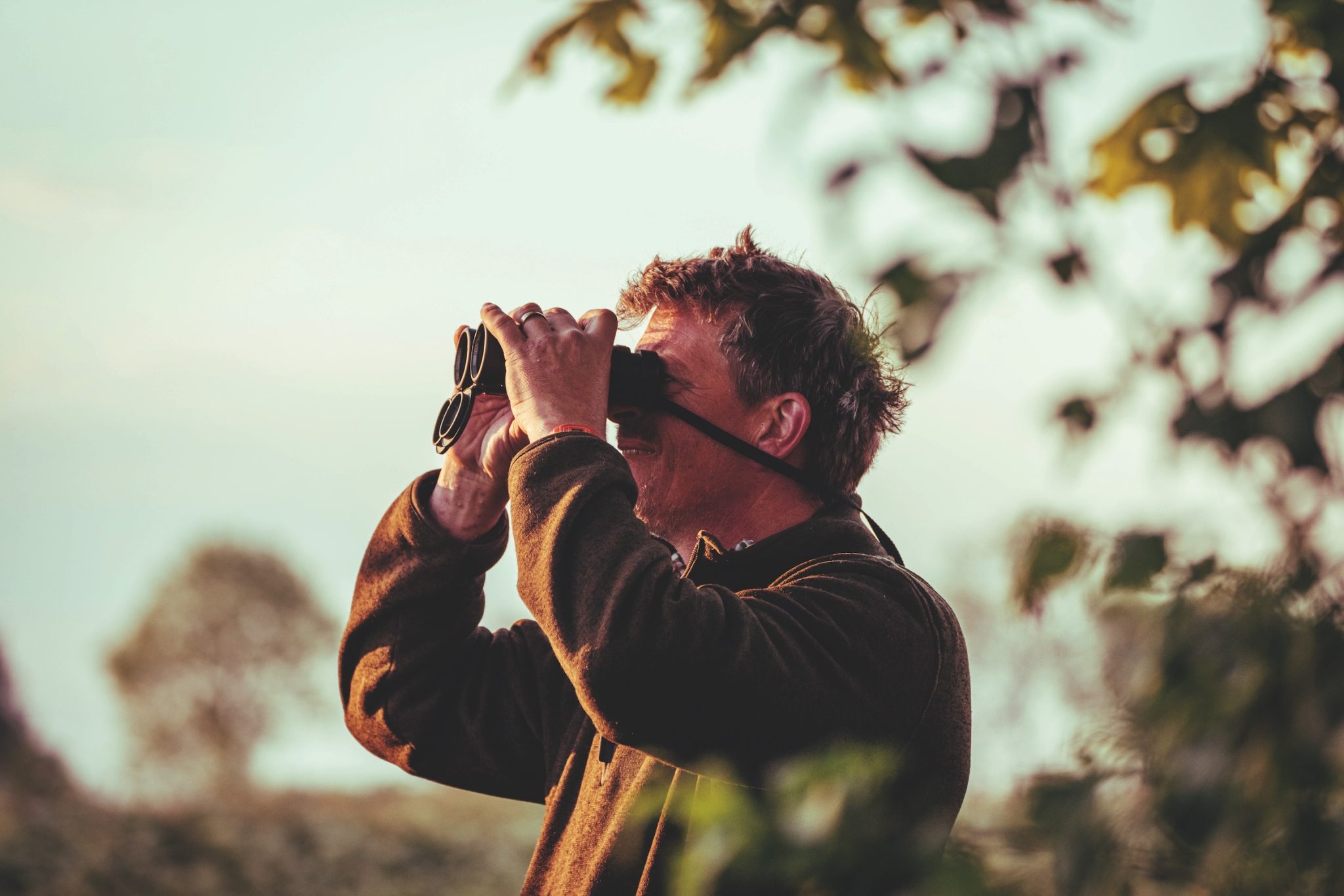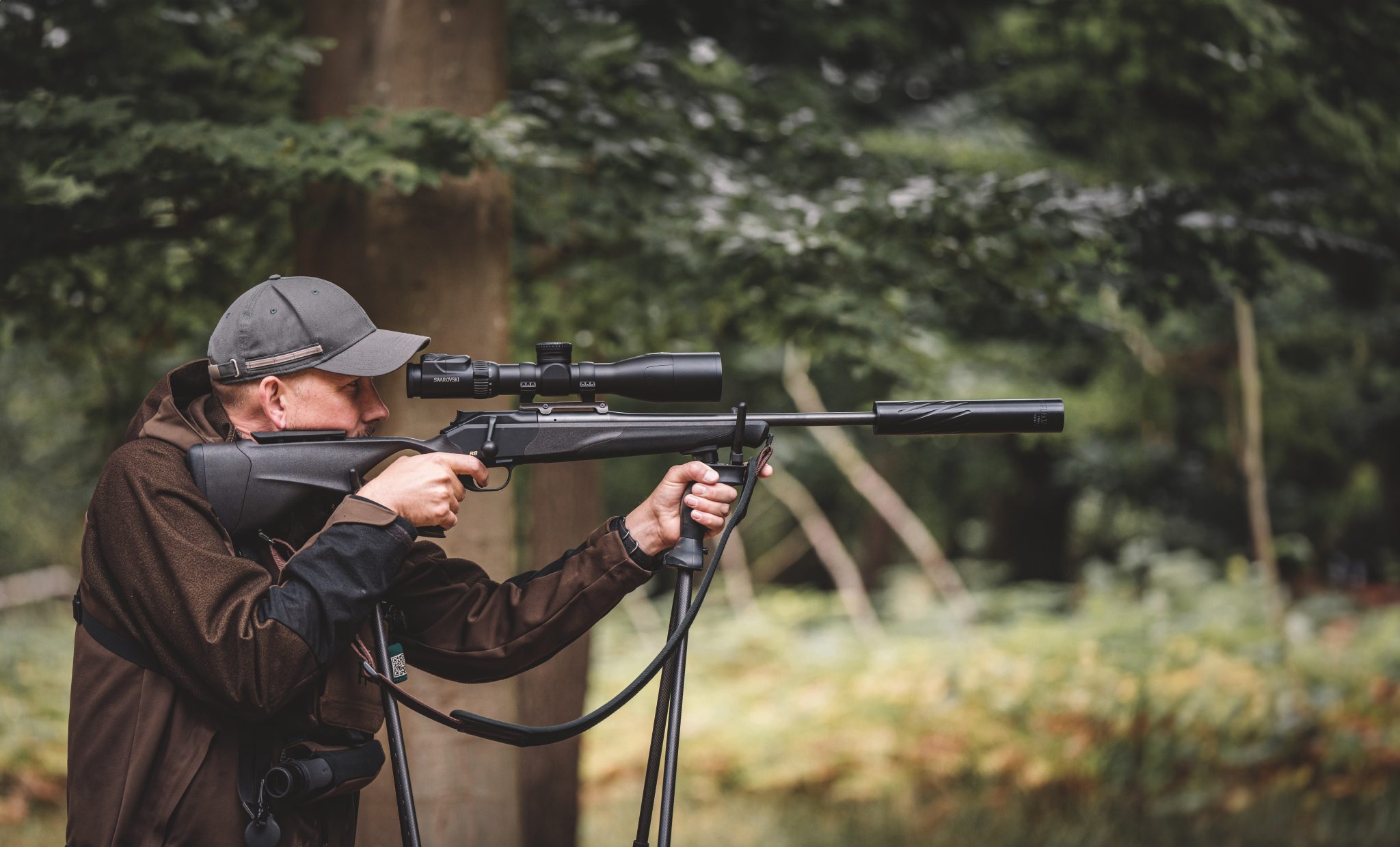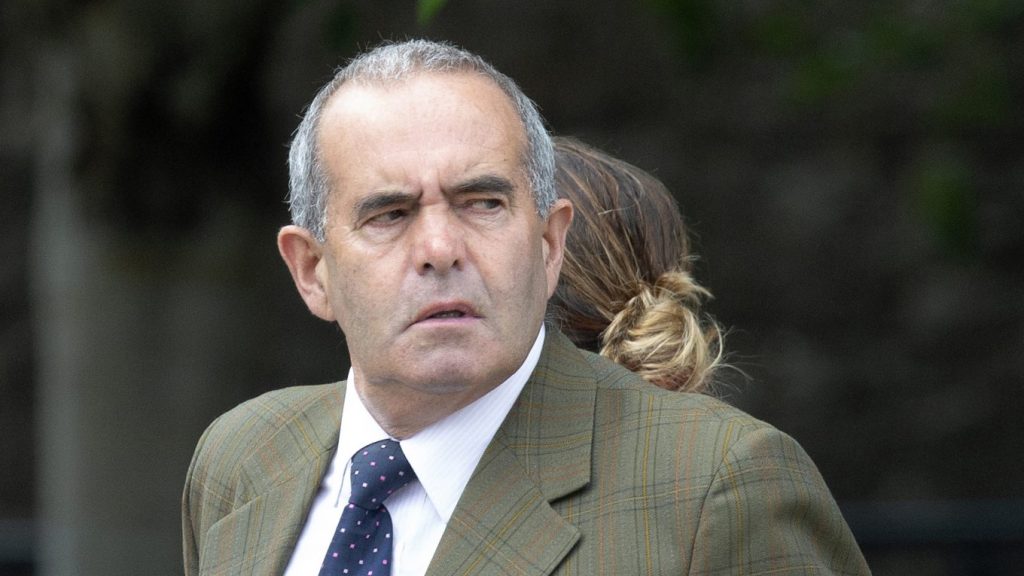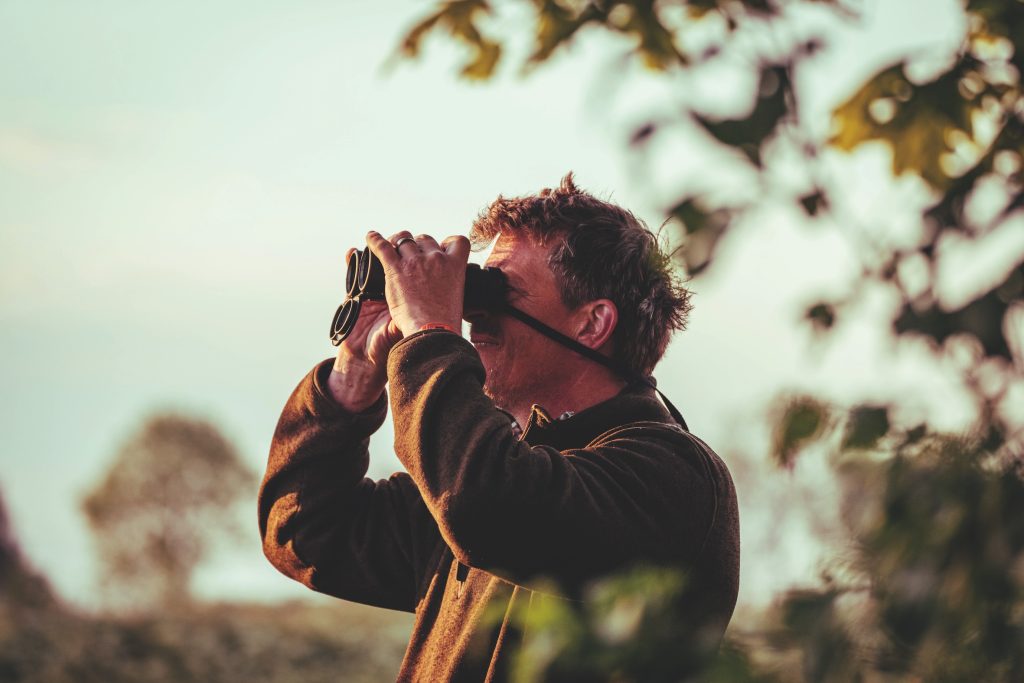★ Win a Schöffel Country shooting coat for everyone in your syndicate worth up to £6,000! Enter here ★
Industry condemns RSPB push for Welsh gamebird restrictions
Shooting sector warns proposed licensing could threaten rural economy as ministers consider restrictions on annual release of up to 2.3 million birds
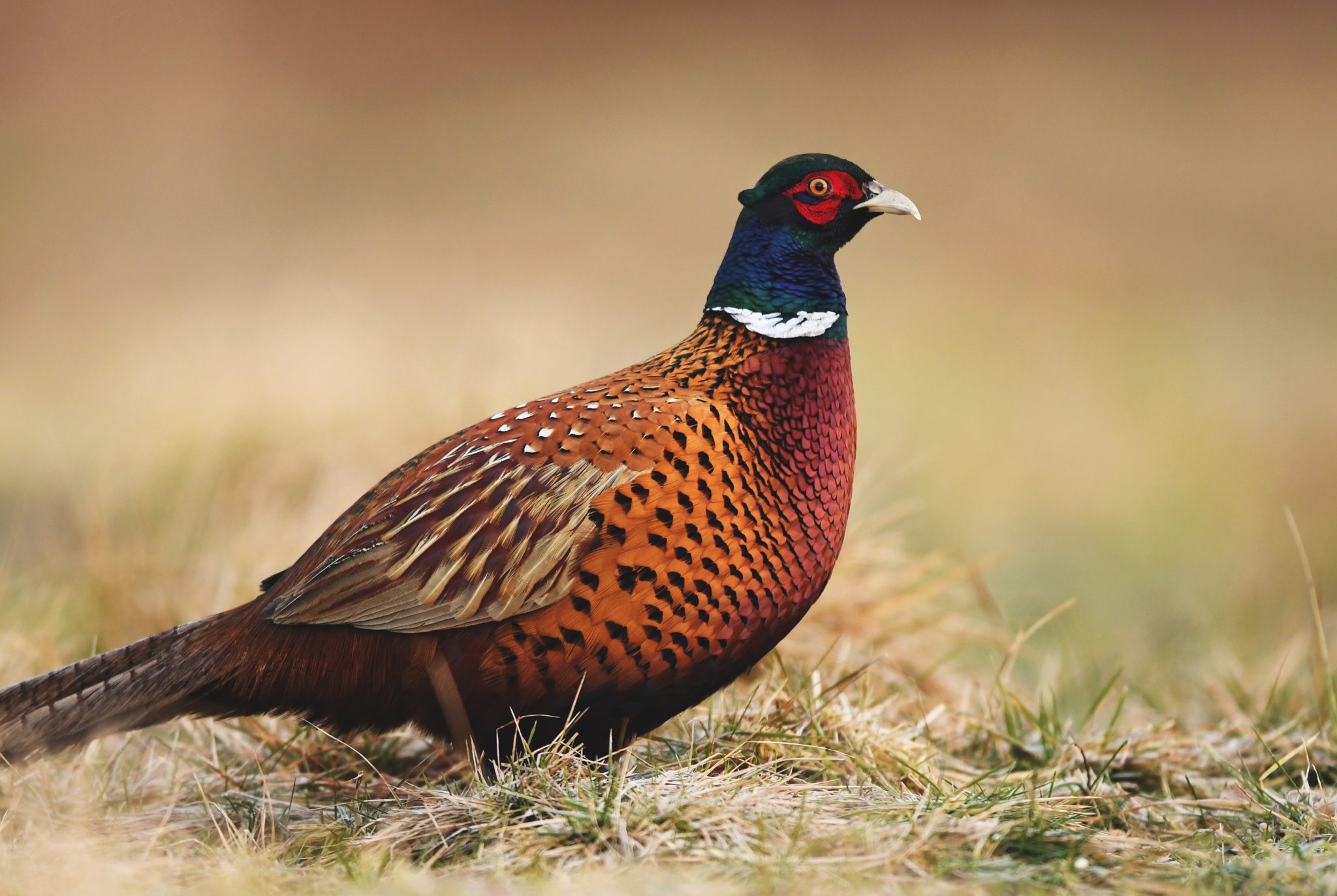
Industry condemns RSPB push for Welsh gamebird restrictions
The shooting industry has mounted a defence against renewed calls for gamebird licensing in Wales, describing the RSPB’s campaign as a “callous and calculated attack” on traditional countryside activities.
Natural Resources Wales recommended introducing licensing in October 2023, yet the Welsh Government has repeatedly delayed implementation. RSPB Cymru has intensified pressure following bird flu outbreaks near Llangollen in May, when 875 wild pheasants were found dead, with a sample of 22 testing positive near breeding sites for threatened species including curlews and black grouse.
The conservation organisation argues that up to 2.3 million gamebirds released annually create a “growing risk to nature”, with non-native species competing for food and attracting predators. Julian Hughes, head of species at RSPB Cymru, criticised the Welsh Government’s failure to implement “proper rules” three years after ministers first consulted the public.
The industry’s response has been uncompromising. Rachel Evans, director of Countryside Alliance Wales, rejected the campaign as “a baseless and desperate attempt by the RSPB to place blame on the gamebird sector for the spread of avian influenza”.
“There is no documented evidence of infected birds being released thus causing the spread of the disease,” Ms Evans told Shooting Times. “Gamebirds are the victims of the disease, not the cause.”
Livelihoods and rural economy at stake
Beyond the public health debate lies concern about rural livelihoods. BASC estimates shooting contributes £75 million annually to the Welsh economy, supporting 2,400 jobs – figures that could be at risk under proposed licensing.
Tim Weston of the National Gamekeepers’ Organisation condemned the RSPB’s approach. “This is quite simply a callous and calculated attack,” he said. “It has little to do with conservation, more a war against the countryside and the people who work in it.”
Mr Weston warned that licensing would effectively criminalise gamebird releases, enabling the Government to “amend and change licenses at will” – pointing to England’s approach on protected sites where “Government have not kept to their word”.
He also referenced recent GWCT research showing that gamebird licensing restrictions would undermine conservation efforts and harm wildlife that benefits from current gamekeeping practices.
Voices from the ground
For practitioners on the ground, the stakes feel personal. Will and Helen Jones, who run shoots near Hirnant, Powys, reinvest a third of their profits into conservation work. Their success story speaks for itself: Mr Jones said their shoot has boosted wildlife populations from zero hares to over 70 residents.
But Ms Jones warned that restrictions would severely impact rural communities where “the winter would be very bleak” without shooting’s economic contribution, a sentiment that captures the industry’s broader fears about regulatory overreach.
Welsh Government’s next move
The Welsh Government, caught between competing pressures, said it was giving the gamebird licensing proposals “careful consideration” whilst monitoring the “continuously changing situation with regards to avian flu”.
Have a news story to share?
Contact our group news editor Hollis Butler at hollis.butler@twsgroup.com. We aim to respond to all genuine news tips and respect source confidentiality.
Related Articles
Get the latest news delivered direct to your door
Subscribe to Shooting Times & Country
Discover the ultimate companion for field sports enthusiasts with Shooting Times & Country Magazine, the UK’s leading weekly publication that has been at the forefront of shooting culture since 1882. Subscribers gain access to expert tips, comprehensive gear reviews, seasonal advice and a vibrant community of like-minded shooters.
Save on shop price when you subscribe with weekly issues featuring in-depth articles on gundog training, exclusive member offers and access to the digital back issue library. A Shooting Times & Country subscription is more than a magazine, don’t just read about the countryside; immerse yourself in its most authoritative and engaging publication.



